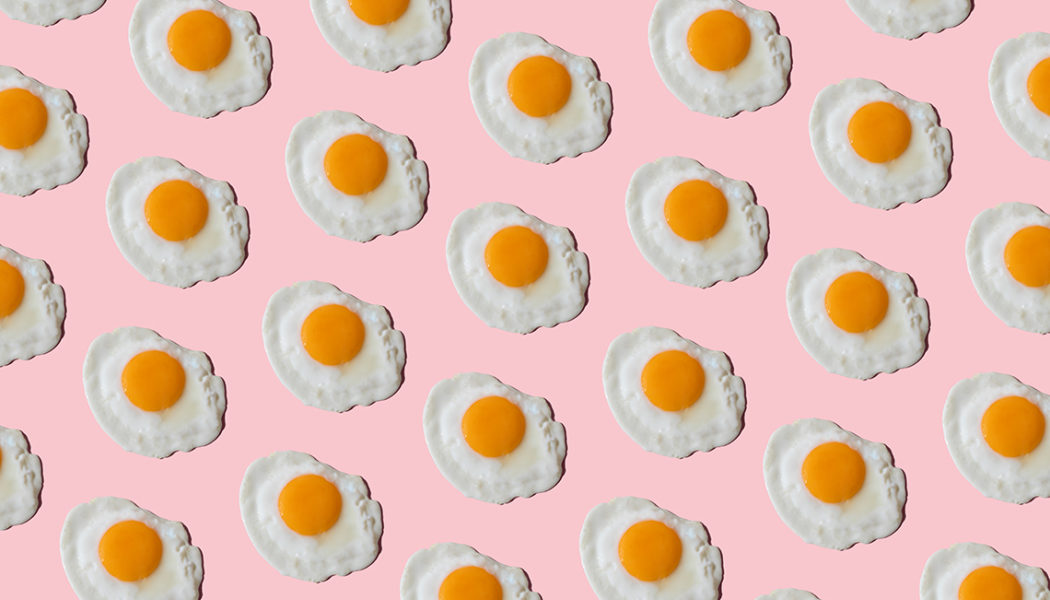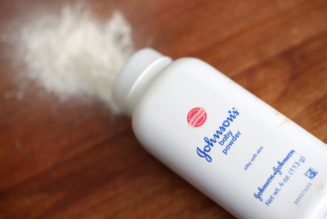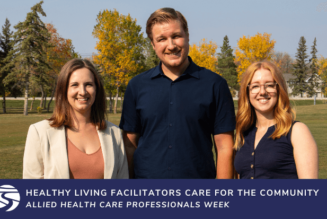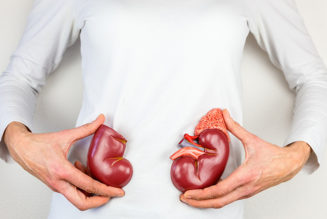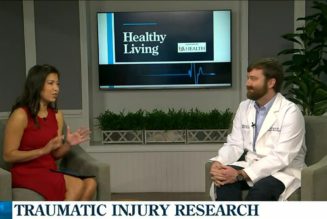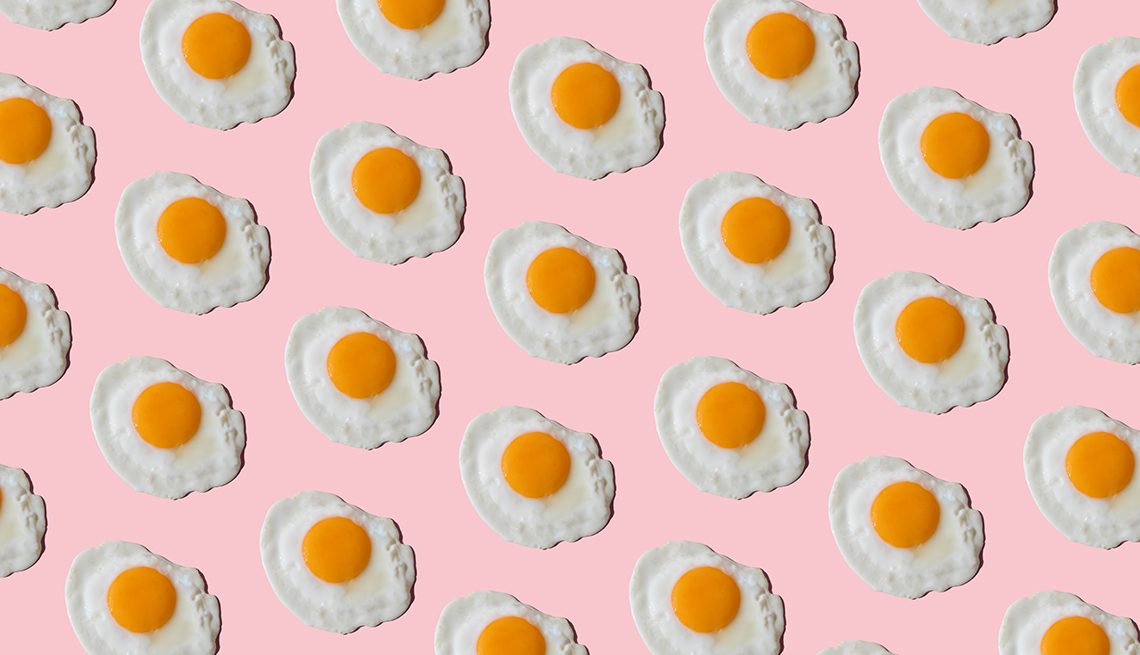
In addition to healthy unsaturated fats, avocados are surprisingly rich in fiber, Blatner says: “Avocados are so smooth and creamy,” she says, but they can have 14 grams of fiber. Even half an avocado has more fiber than an apple, she says. U.S. dietary guidelines say someone eating 2,000 calories a day should aim for 28 daily grams of fiber.
3. Popcorn
People often assume that popcorn belongs in the same category as pretzels and crackers, which are rarely made from whole grains, Blatner says. But popcorn “actually is this fun food that people already enjoy that happens to naturally be a whole grain,” she says.
Beal says popcorn “has wonderful fiber in it.” The healthiest popcorn is a batch you pop at home, with an air popper or a little vegetable oil, Beal and Blatner say. A tub of heavily buttered stuff from a movie theater is a completely different matter. That movie theater tub can contain up to 1,090 calories and 2,650 milligrams of sodium, according to the heart association.
Beal adds that it’s important to read labels when buying bags of grocery store popcorn: Some types are too high in sugar or salt for people with health conditions such as diabetes and high blood pressure, she says.
4. Coffee
A few decades ago, coffee was listed as a “possible carcinogen” by the World Health Organization. That changed when newer studies showed coffee actually reduced certain cancer risks and was probably wrongly maligned because so many coffee drinkers also smoked, according to Harvard’s public health website. Today, there’s a “flow of pro-coffee research,” suggesting the brew lowers risks of diabetes and heart disease, as well as cancer, Blatner says. Coffee might also lower risks of depression and suicide, Harvard says.
One big reason coffee might boost health is that it contains high levels of antioxidants, substances that prevent or delay cell damage.
Of course, caffeinated coffee also is a stimulant, known for increasing alertness, attention and mood — as long as you don’t overdo it or drink it too late in the day, when it can interfere with sleep, Blatner says. And be aware that too much coffee also can raise blood pressure and lead to anxiety and heart palpitations, the heart association says. Coffee is healthiest with “zero or minimal” adds-ons, such as cream and sugar, Blatner adds.
5. Frozen veggies
Decades of reminders that “fresh is best” have steered too many consumers away from minimally processed frozen fruits and vegetables “picked at the peak of freshness” and full of nutrients, Planells says. “You can have multiple servings of veggies with a microwave in a matter of minutes,” he says.
Blatner says that frozen fruits and veggies are ideal backups for days when you run out of fresh produce: “The frozen spinach can be in your omelet. The frozen cauliflower rice can be in your lunch bowl. The broccoli can be your side dish, the frozen berries can go in your smoothies.”
